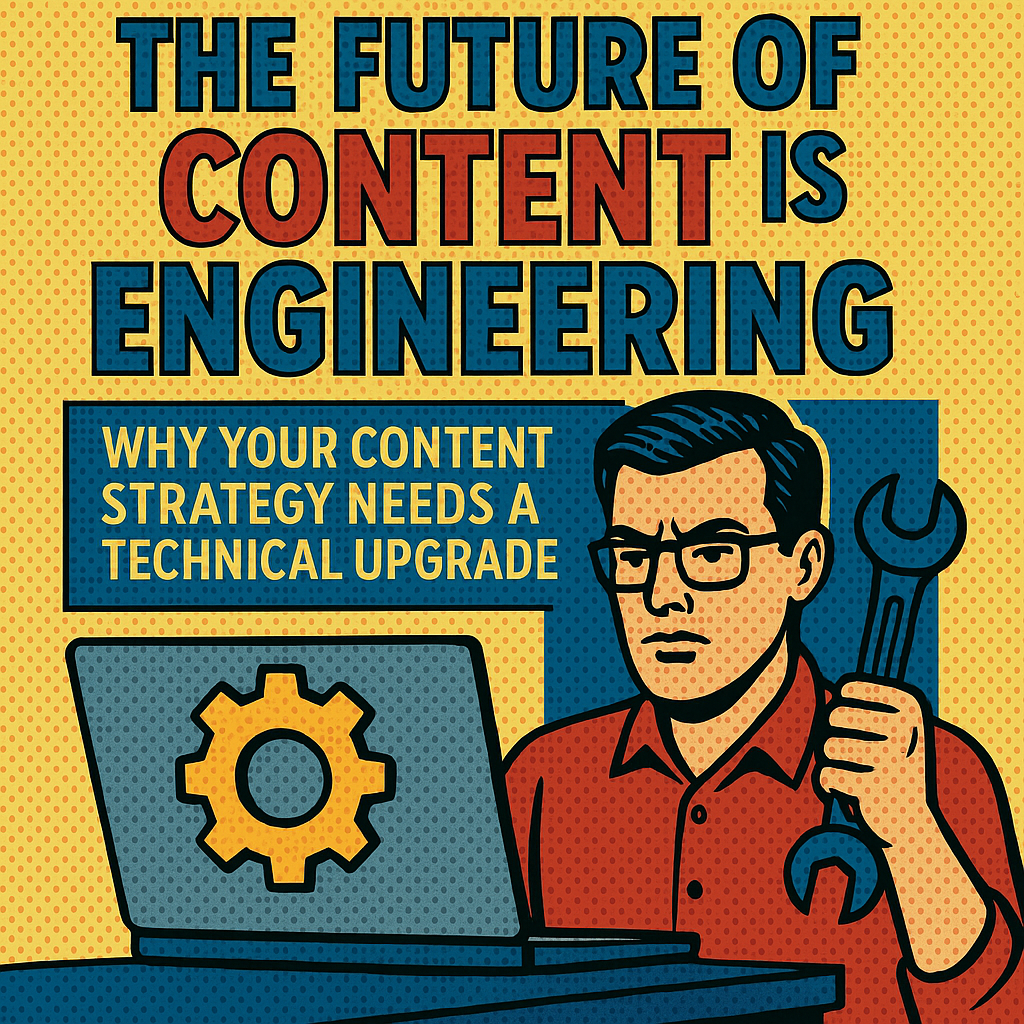
The Future of Content is Engineering: Why Your Content Strategy Needs a Technical Upgrade
Content isn't just about great writing anymore. As brands struggle to scale across multiple platforms, personalize experiences, and stay competitive in an AI-driven world, a new discipline is emerging that bridges the gap between creative content and technical implementation: content engineering.

The Agentic Advantage: How AI Agents Create Sustainable Competitive Moats
Business is undergoing a profound transformation from a rapidly evolving set of AI technologies. While most companies are still grappling with basic AI implementation, using large language models and generative AI for content generation or basic automation, a new paradigm has emerged that promises to reshape business competitive dynamics. This paradigm centers on agentic AI: autonomous, goal-oriented systems that don't just respond to prompts but actively pursue objectives, learn from their environment, and adapt their behavior over time.
Think of the difference between a calculator and a financial advisor. A calculator performs specific computations when asked, much like today's assistive AI tools. A financial advisor, however, maintains context about your situation, proactively identifies opportunities, adjusts strategies based on market changes, and builds expertise through accumulated experience. This is the leap from traditional AI to generative AI to agentic AI, from reactive tools to proactive digital teammates.

Selling Agentic AI Internally: Overcoming Executive and Employee Resistance
The promise of agentic AI is transformative, but internal resistance can stall progress before it begins. While the technology itself may be ready, organizations often find their greatest challenge isn't technical implementation but rather navigating the complex web of stakeholder concerns, cultural inertia, and change resistance that emerges when introducing AI agents into existing workflows.
Success in deploying agentic AI requires more than just selecting the right technology stack or use cases. It demands a sophisticated approach to change management, stakeholder engagement, and organizational psychology. This article explores how to position agentic AI initiatives within an organization, focusing on strategies that address resistance at every level, from the C-suite to the front lines.
